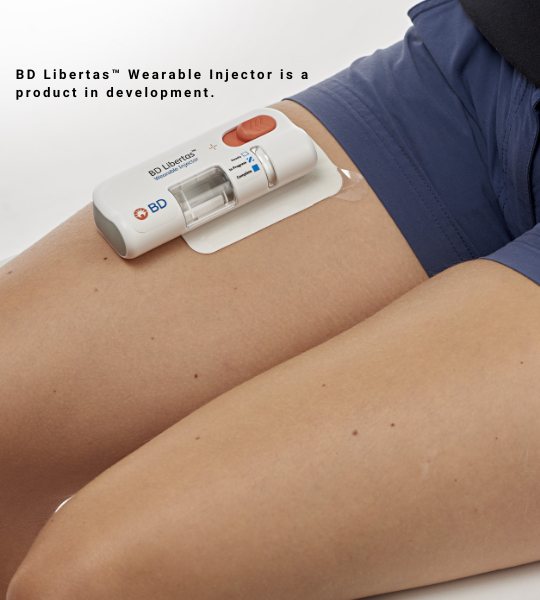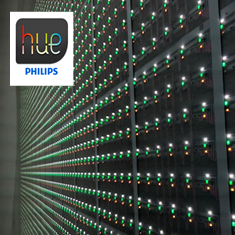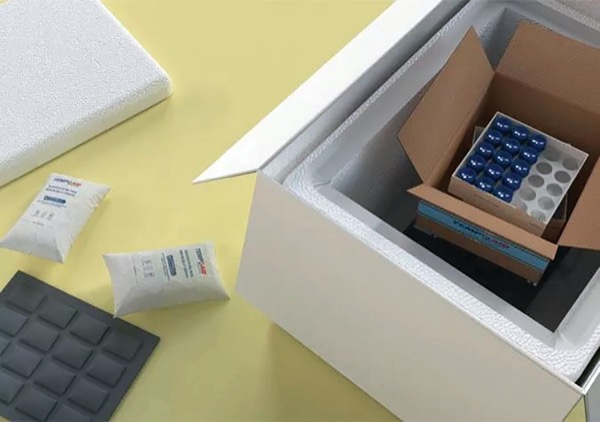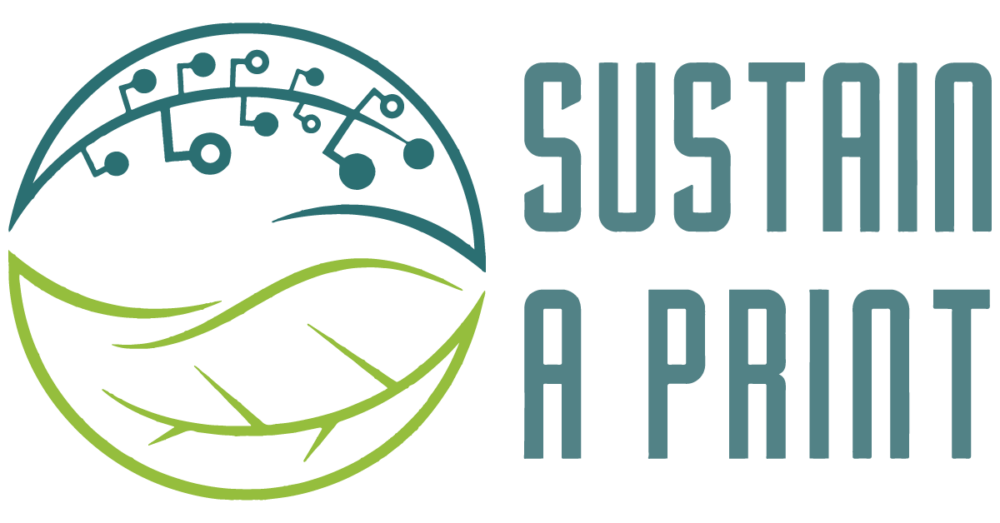Our Mission
Our mission is to improve the sustainability of functional electronics by developing innovative technologies, new materials and processes for circular, recyclable and bio-based electronics

A growing desire for continuous data collection, real time information and connectivity has resulted in an increased demand for electronic functionalities that are fully integrated in everyday objects, such as consumer electronics, healthcare, wearable electronics, IoT and smart packaging. Printed circuit boards (PCBs), commonly used to create electronic functions, are challenging to dismantle or recycle, and thus pose an ever-growing burden on our environment.
ECOTRON has accepted this challenge and will develop new disruptive electronics manufacturing processes, technologies and materials with the ultimate aim to improve the sustainability of functional electronics. More specifically, ECOTRON will advance flexible, organic & printed electronics through a multidisciplinary approach involving bio-based materials, innovative (printing) processes, and device and module dismantling technologies. Not only that, but new recycling technologies will also be developed which will be the basis of a blueprint for a future recycling plant.
Use Cases
Diverse portfolio of ECOTRON technologies, processes and materials includes reversible interconnects (i.e. Diels-alder, Gecko tape), bio-based and/or compostable substrates and inks, separation technologies (i.e. photonic, sacrifice layer), recycling of substrate (i.e. solvolysis, chemical recycling) and metal recovery (i.e. supercritical fluid extraction, solvometallurgy). These technologies will be integrated and validated in four high-impact use cases covering a broad range of applications.

On-body subcutaneous drug delivery system
The shift in the healthcare towards homecare, rising prevalence of chronic diseases (such as cancer, diabetes and cardiovascular diseases), advantages of wearable injectors in the administration of drugs and technological advancements in injector devices are rapidly expanding the market and demand for wearable injectors.
Becton Dickinson is at the frontier of the research in this domain and is striving not only to provide more reliable and efficient on-body subcutaneous drug delivery devices, but also to make them more environmentally friendly. The aim of the BD use case is to create a more sustainable on-body drug delivery device by using new technologies and materials, while at the same time fully complying with the medical regulations and customer requirements.
*BD Libertas™ Wearable Injector is a product in development; some statements are forward looking and are subject to a variety of risks and uncertainties. BD Libertas™ Wearable Injector is a device component intended for drug-device combination products and not subject to FDA 510(k) clearance or separate EU CE mark certification.

Printed electronics light panel
Consumer-interacting LED lighting foils for offices, shops and hotels are growing in demand. The trend is moving towards ever longer and bigger luminous surfaces. At the same time, sustainability aspects are gaining importance and customers are drawn to products with increased amount of bio/recycled materials, lower carbon footprint, especially during the production, and better repair and recyclability options.
The Signify use case will demonstrate how ECOTRON technologies and materials can contribute to lowering the ecological footprint of the manufacture of the materials and the light panel itself, and improve the repairability and recyclability of the final product.

Wearable activity tracking device
The trend in printed electronics on wearable sensors is moving towards stretchable materials and smaller sensors to improve the user experience without compromising the technical performance of the device and its integration with other technologies, such as indoor positioning and wireless communication. Considering the widespread use of such devices, recyclability of the products at the end of the life is also a requirement.
The POLAR use case will integrate new technologies with aim to improve the comfort levels (use of stretchable/flexible materials). It will also validate the novel printing methods and the use of bio-based materials which will improve its dismantling features and recyclability.

Electronics for smart packaging
Global distribution of deep frozen drug products is done via specific Medical Supply Chains (Cold-Chain). To guarantee product quality, temperature of the drug product is monitored during the entire distribution chain.
Together with Johnson & Johnson, ECOTRON will develop a smart label for temperature monitoring that contains printed electronics which can be also easily dismantled and recycled. The smart label can serve as a basis for implementation of other smart packaging functionalities.
Want to learn how we can help you improve the sustainability of your products? Contact us!
Impact

The amount of waste from electrical and electronic equipment (widely known as WEEE or e-waste) generated every year in the EU is increasing rapidly. It is now one of the fastest growing waste-streams. As a response, the EU has introduced the WEEE directive (Directive 2012/19/EU) which imposes separate collection and proper treatment of WEEE. Further, it sets the targets for WEEE collection as well as for the recovery and recycling.
Healthy environment and sustainability lie at the heart of ECOTRON. For this reason, ECOTRON will develop novel, flexible and organic PE technologies and designs which will achieve:
>95% recollection of discrete components through reversible interconnects
>92% silver recollection through mechanical and chemical recycling processes
>92% recycling of polymer substrates (solvolysis)
Gradual replacement of metal inks (Cu / Ag based) with organic inks and interconnects
Reduced waste due to use of novel compostable materials
Project Info sheet
Topic: Functional electronics for green and circular economy (HORIZON-CL4-2021-DIGITAL-EMERGING-01-31)
Type of Action: Research and Innovation Action (RIA)
Grant Agreement Number: 101070167
Start Date: 01/09/2022
Duration: 48 months
Total Cost/EU Funding: 5M€
Sister Projects

The main goal of Sustain-a-Print (SaP) is to open new life-cycle routes and design and implement sustainability into each life-cycle step. This includes the choice of materials (biobased, recycled, biodegradable), usage, origin, processing, assembly, and EoL.

SUINK aims to develop green solutions to produce innovative sensors able to create their own energy rather than needing electricity from the vehicle’s battery.